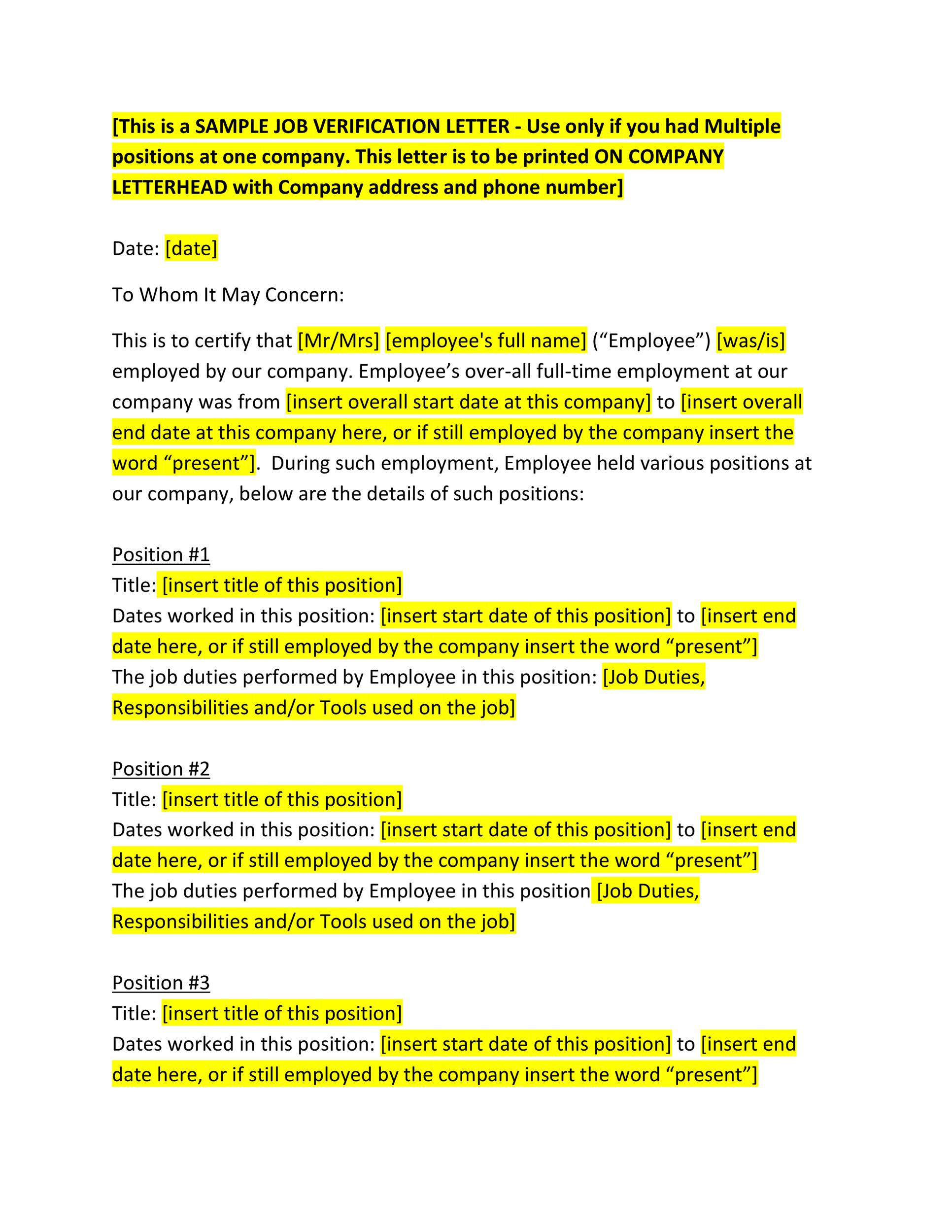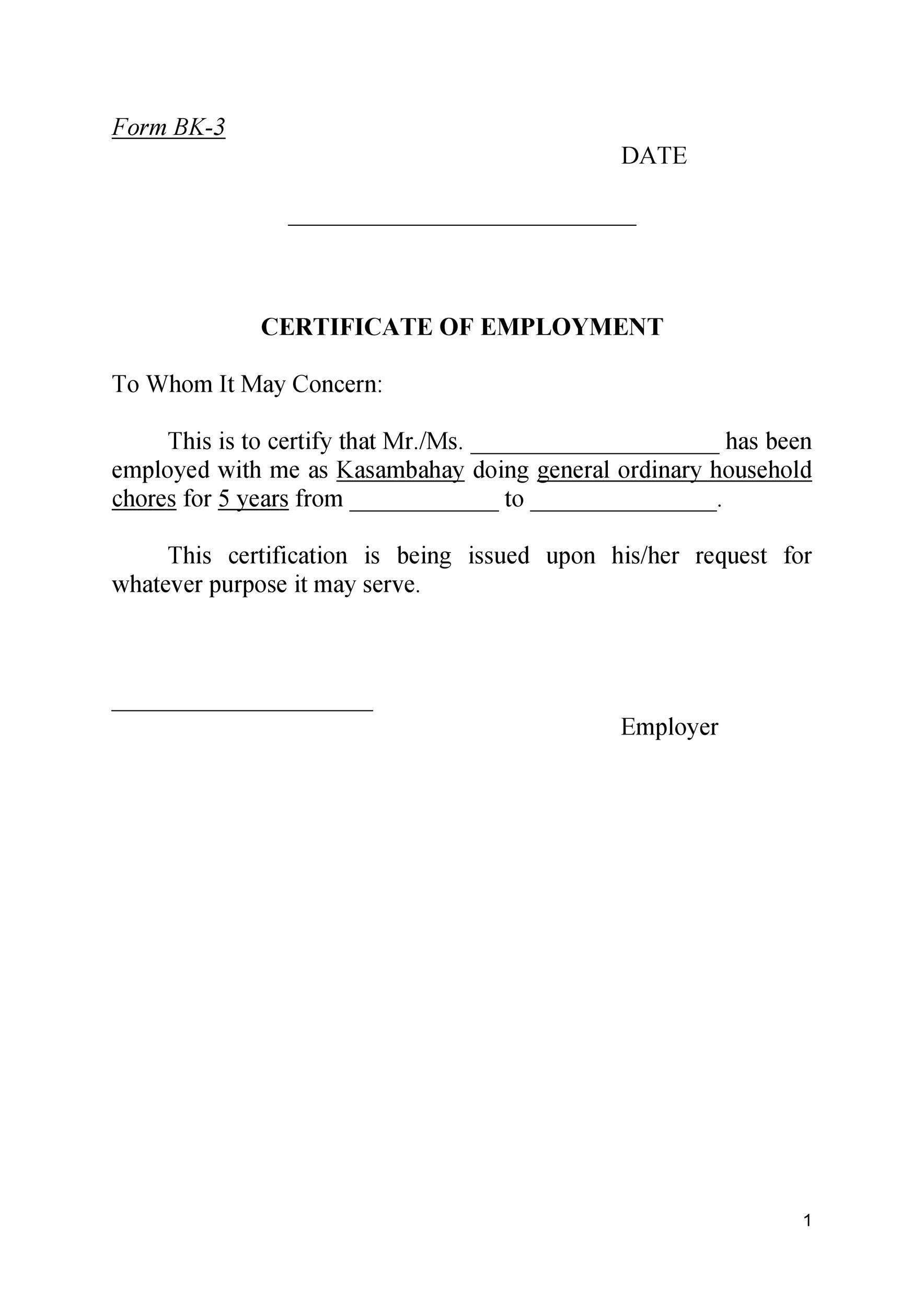Does a chapter title truly hold the power to reshape a narrative's trajectory? Absolutely. "To whom it no longer concerns chapter 12" is far more than just a collection of words; it's a literary signpost, a declaration of independence from what was, and a bold step into what will be. It's a phrase pregnant with possibility, signaling closure, transition, and a dramatic shift in perspective that demands attention.
This seemingly simple phrase, "To whom it no longer concerns," resonates deeply within the landscape of storytelling. More often than not, you'll stumble upon it gracing the pages of a novel or short story, proudly displayed as a chapter title or heading. Its presence acts as a literary siren, immediately alerting the reader to an impending transformation, a pivotal moment where the narrative takes an unforeseen turn. The phrase serves as a potent symbol, suggesting that the familiar threads of the story are about to be severed, making way for a new and perhaps unfamiliar tapestry.
| Aspect | Details |
|---|---|
| Phrase Origin | Commonly used in literature as a chapter title |
| Primary Implication | A shift in narrative perspective or a major turning point |
| Emotional Undertones | Separation, detachment, closure |
| Literary Function | To signal transition, create suspense, foreshadow events |
| Common Themes | Moving forward, leaving the past, new beginnings |
| Narrative Impact | Introduces new characters, plotlines, or settings; alters reader expectations |
| Broader Context | Can represent personal growth, resolution of conflicts, emotional detachment |
| Literary Examples | "To Kill a Mockingbird" (hypothetically, as the phrase itself isn't actually used, but serves as example of viewpoint shift) |
| Associated Concepts | Turning points, emotional farewells, new adventure |
| Further reference | Merriam-Webster Dictionary |
- Neopolis Kokapet Sez Photos Your Ultimate Guide To Capturing The Magic
- Medium Rare Recordings The Hidden Gems Of Music That Every Audiophile Needs To Explore


